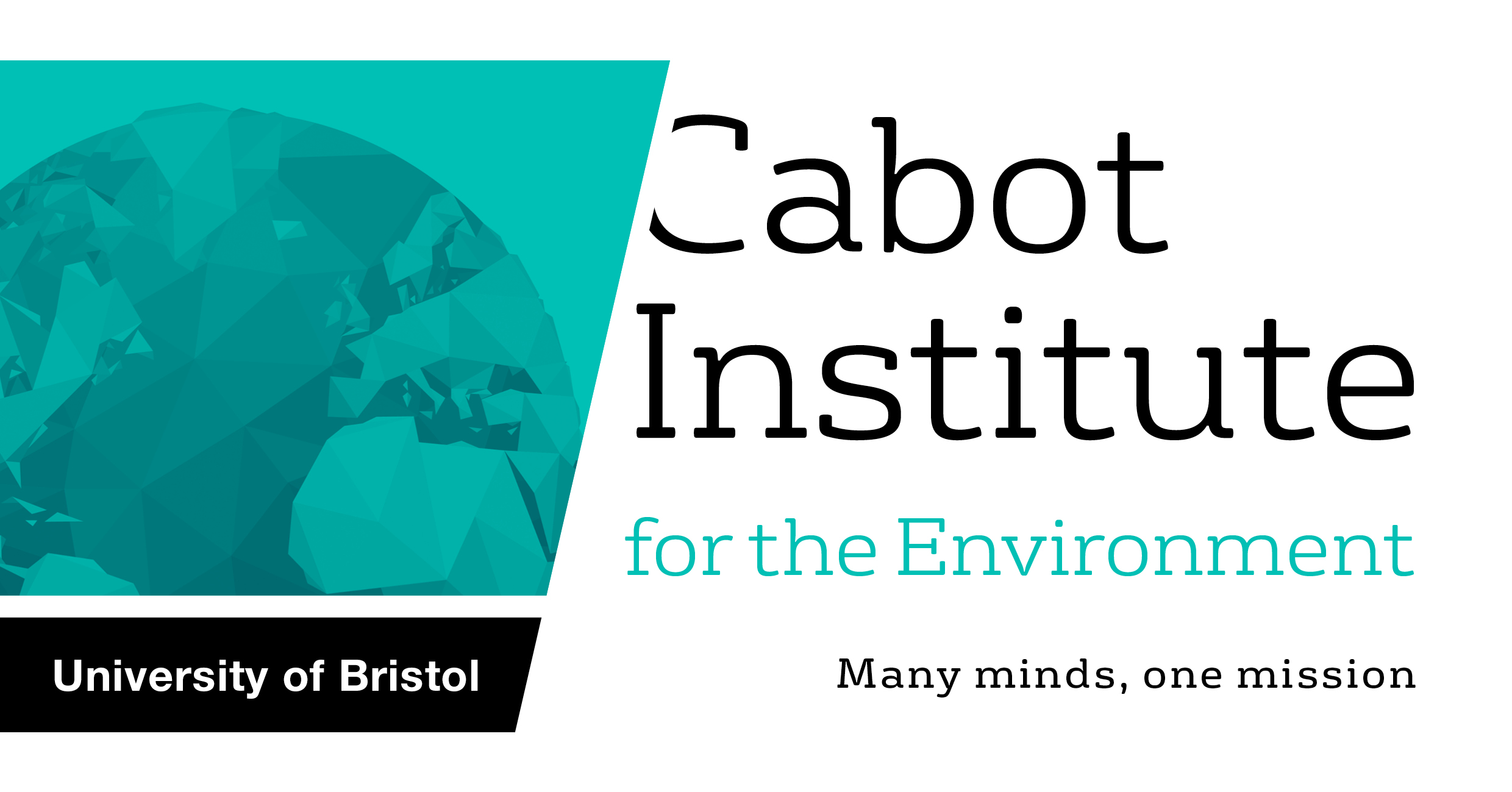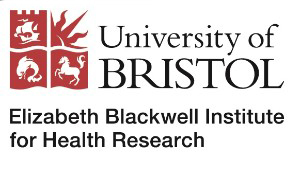The Cabot Institute for the Environment and the Elizabeth Blackwell Institute for Health Research at the University of Bristol are delighted to announce support for two new projects addressing challenges at the interface of climate change and health.
Health impact of Climate Change and Urban Pollution
This project led by Dr James Matthews, Dr Anwar Khan and Professor Dudley Shallcross (School of Chemistry), Professor Frank de Vocht and Dr Patricia Albers (Bristol Medical School), and Dr Dann Mitchell (School of Geographical Sciences) will be addressing urban air pollution which represents a major problem for human health, impacting on both morbidity and mortality.
The project will establish air pollution models to determine the impact on dispersion and levels of pollutants likely to be increased from rising temperatures in Bristol, and provide insights in health impacts for its citizens. This pilot could lead to a national project for climate change projections utilising knowledge from other groups in the UK in major population centres such as Leicester, Manchester and London.
The team combines expertise from Prof Shallcross’s research group on models of urban pollutants; Dr Matthew’s work on effect of atmospheric conditions on pollutant dispersion and the concentration of particulate pollutants, and Dr Khan’s atmospheric modelling expertise, with epidemiological expertise by Professor de Vocht and Dr Albers. Dr Mitchell is the Met Office Joint Chair in Climate Hazards in the School of Geographical Sciences with interests in links between extreme weather, climate change and human health.
Associations between climate extremes and HIV outcomes in Eswatini, Malawi, and Zambia
This project led by Professor Guy Howard (Department of Civil Engineering), Dr Adam Trickey and Professor Peter Vickerman (Bristol Medical School), will study associations between climate extremes and HIV outcomes in Eswatini, Malawi, and Zambia. In particular, it will be investigating relationships between rainfall deviations and HIV outcomes by linking drought data with nationally-representative HIV datasets and modelling the associations.
Global warming will lead to more droughts and floods, decreased food yields, and increased migration/displacement. Emerging evidence indicates food insecurity can hinder HIV treatment outcomes and increase HIV transmission, with quantitative research into this topic currently lacking. It is hoped that this project will lead to larger programmes of work including creation of a multi-country mathematical infectious disease model to project the effects of climate change on HIV transmission.
The team brings together the statistical analysis skills of Dr Trickey, Professor Howard's expertise in links between water and health in low- and middle-income countries, especially Sub-Saharan Africa, and the expertise in HIV epidemiology of Professor Vickerman.

